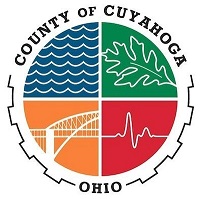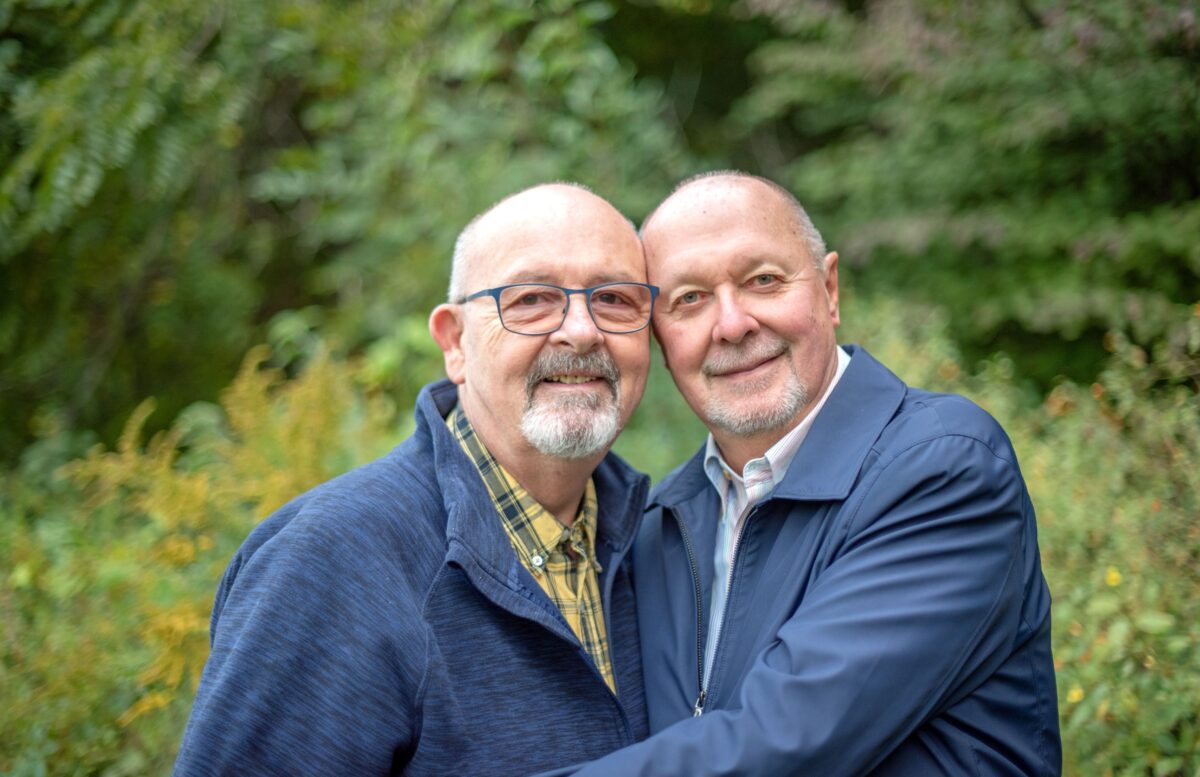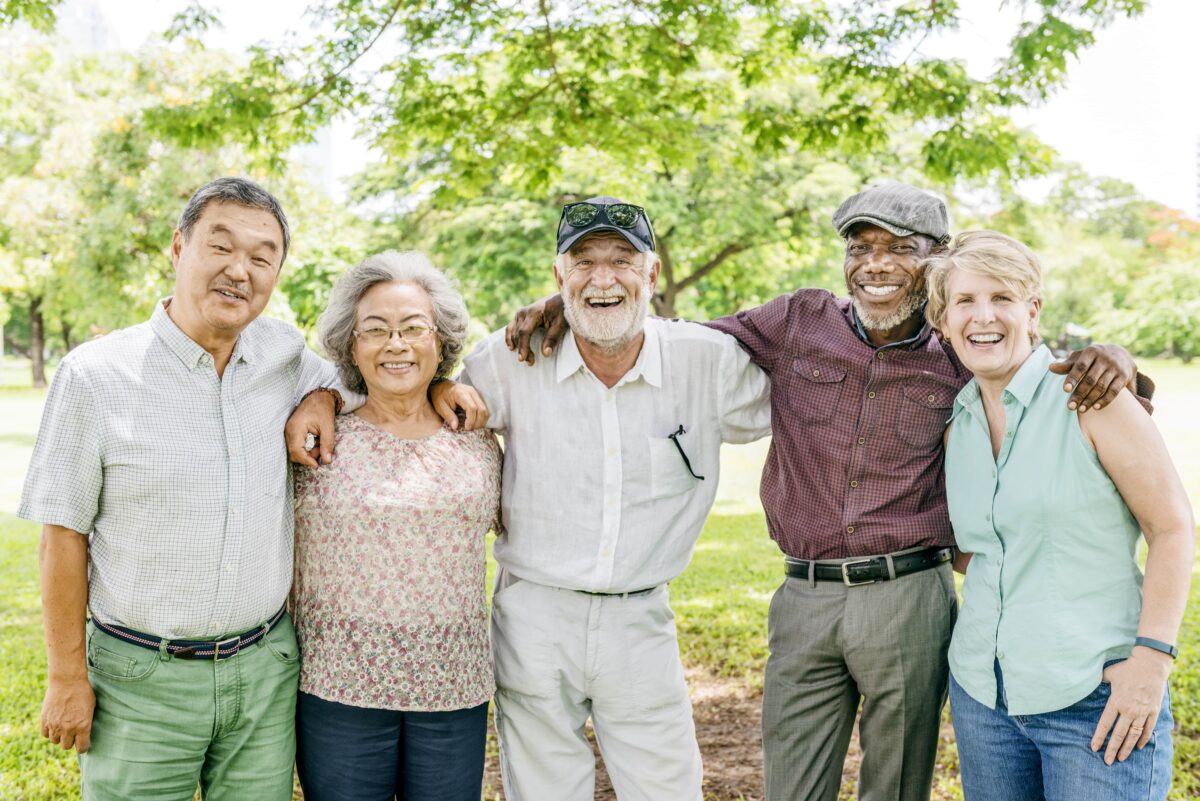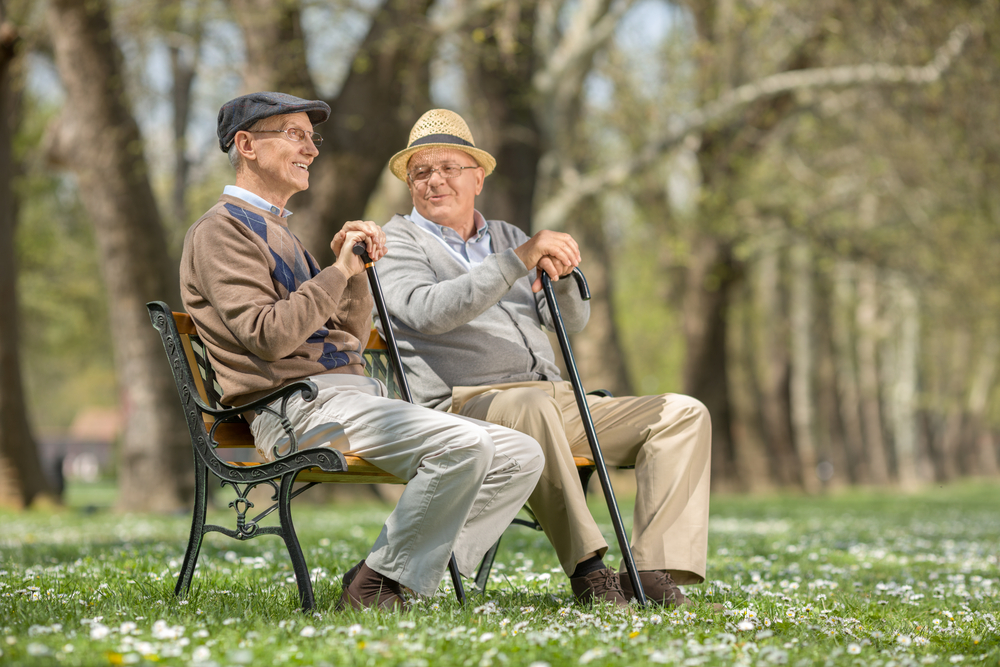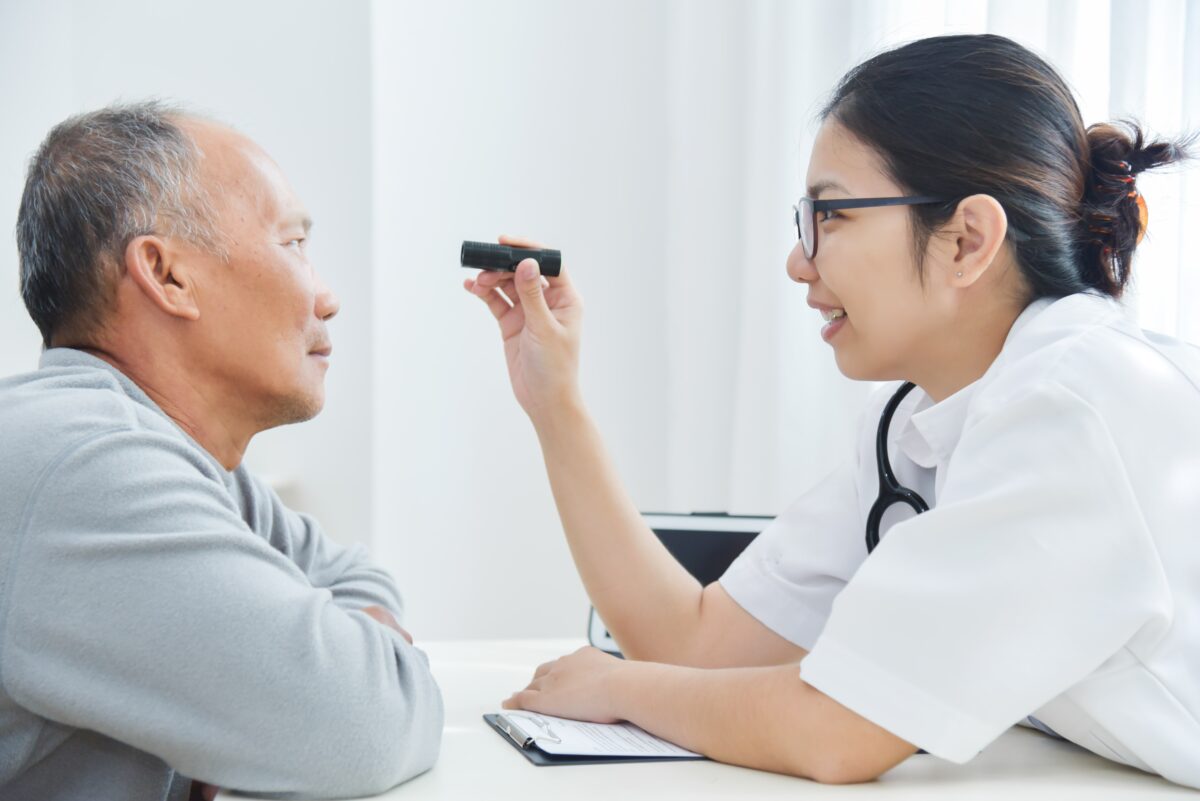
Hoarding Connection of Cuyahoga County
The Hoarding Connection of Cuyahoga County’s mission is to provide support and advice, educate, develop best practices, and assist in identifying needed resources for individuals who hoard and those that work with individuals who hoard.
This collaborative effort brings together more than 20 organizations from the public, nonprofit, and private sectors to address hoarding issues across the county.

The Hoarding Connection of Cuyahoga County (HCC) promotes a comprehensive approach to helping individuals who hoard while protecting the safety of the community and individuals who respond to hoarding situations. To do this, the group:

Provides public information to improve community awareness of hoarding as a mental health issue

Provides education and training to professionals and organizations in contact with individuals who hoard

Organizes peer-led treatment groups for individuals with hoarding disorder

Develops and disseminates information that can be used by organizations across the county to advocate for individuals with hoarding disorder.
FAQs
Explore our events and workshops:
There are no events to display at this time. Check back soon.
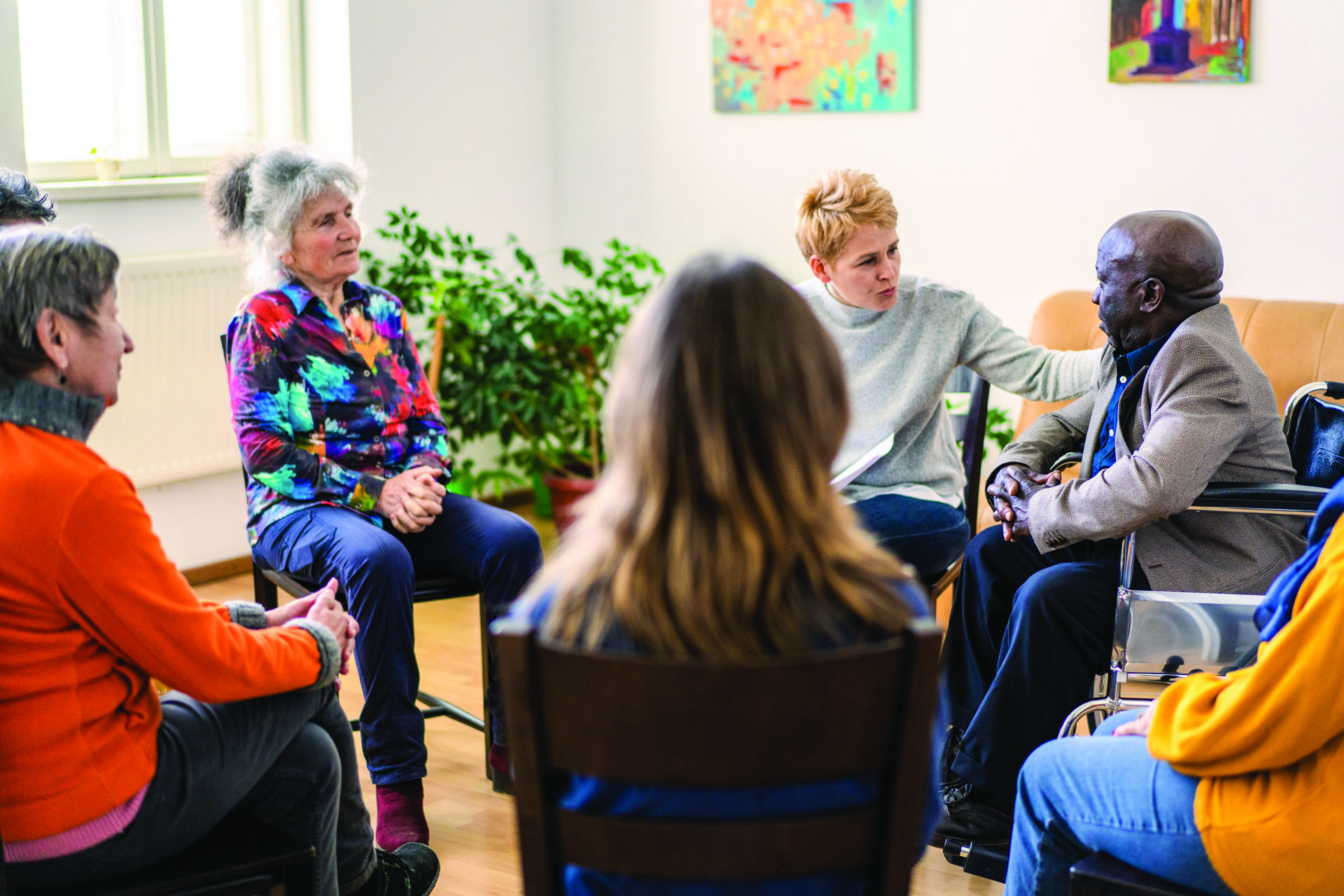
Connect with support and guidance
Need help managing your hoarding disorder? Want to join the Hoarding Connection as a partner organization? Fill out the below form, and a member of our team will reach out to you with next steps.
Hoarding resources in Cuyahoga County
This list is for informational purposes only and does not constitute an official endorsement of products or services by the Benjamin Rose, the ADAMHS Board or other partner organizations of the Hoarding Connection.
Mental Health and Behavioral Support
Behavioral Health Services, Benjamin Rose
216-791-8000
Junk Removal and Cleanout Services
1-800-Got-Junk
1-800-468-5865
Haul My Mess
216-799-9911
Junk Away
855-855-5865
Specialized Cleaning Services
Bio Clean Services
800-901-2988
Rainbow International of Cleveland
440-888-0497
Steri-Clean Cleveland
888-577-7206
Senior Relocation Services
North Coast Residential Relocation
440-248-5281
Thank you to all who make the Hoarding Connection possible!
You may be interested in:
Filter by Audience
Filter by Topic

18th Annual Katz Policy Lecture: Mental Health & Aging
This 18th Annual Katz Policy Lecture examines emerging and existing policies associated with mental health and aging and their implications for older adults and their loved ones. Our keynote speaker, Matthew Fullen, Ph.D., LPCC, Associate Professor at Virginia Tech, discusses recent developments in Medicare policy related to older adult mental health care, and opportunities for stakeholders in the behavioral health and aging services sectors.

Supporting LGBTQ+ Older Adults: Tips for Caregivers
As our population ages and society continually evolves, awareness of the diverse needs of different communities of older adults has increased. LGBTQ+ rights have undergone some major changes over the past few decades, and while there have been great triumphs, there have been many challenges as well, including some that are particular to older individuals. Caregivers must be aware of these specific challenges and provide holistic, inclusive support to ensure the well-being of their LGBTQ+ older loved ones. Here are key considerations and strategies for caregivers dedicated to supporting LGBTQ+ older adults.

Understanding the Impact of the Older Americans Act
May marks a significant celebration for the nation's older adults—Older Americans Month. This yearly observance, established in 1963, is more than just a month-long recognition; it's a celebration of the invaluable contributions and wisdom of older Americans, as well as a commitment to improving their quality of life through important services.

Best Programs for Caregiving Demo
Watch a demo of free online database that offers family and friend caregivers detailed information about proven dementia care programs.

Finding the Dementia Support Programs You Need
Caring for someone living with dementia is challenging on so many levels. For most of us, there are aspects to providing care that require skills, training and education we feel we just don’t have. There are aspects to disease education and managing behaviors that are difficult to know. And there is also the stress and strain of providing care -- which for many of us is something we do on top of working and having a family of our own.

How Older Adults can Engage in Lifelong Learning
Receiving a diploma doesn’t have to mean the end of education. Lifelong learning is a concept that upholds continuous and self-motivated personal and professional development throughout one's life, long after graduating from compulsory education. There’s no age that doesn’t benefit from a little extra knowledge, but older adults in particular should remember that it’s never too late to learn something they never knew before. Engaging in lifelong learning has many benefits for older adults, including enhancing cognitive function, improving quality of life and encouraging self-growth. Here are some ways you can engage in lifelong learning, and why it matters for older adults to keep expanding their minds no matter how many years pass!

Free Online Directory Helps Caregivers in Underserved Populations Access Dementia Support Programs
Best Programs for Caregiving, a newly-introduced online directory of evidence-based dementia caregiver support programs is making big strides in helping to expand both awareness and availability of top-rated programming in underserved rural and remote areas across the country. Difficult-to-access geographies are a real concern to the medical and social service organizations, and many recent initiatives have been devoted to addressing these underserved areas of the aging population. This is particularly true in the case of people living with dementia and their family and friend caregivers for a number of reasons.

The Impact of Alcohol Consumption on Older Adults and How Caregivers Can Help
In many cultures, alcohol consumption is so engrained in social rituals that not drinking seems much stranger to people than frequently drinking. However, alcohol is never without its risks, and this is especially true for older people. Older adults are much more vulnerable to the adverse effects of alcohol than younger people due to age-related changes to their bodies, medication interactions and other health conditions. And though reckless drinking is an issue most people associate with younger people, older adults, especially those in the 55-64 range, are more at risk of alcohol-induced deaths than any other age category, according to data from the CDC.

The Way of the Future? Healthcare Investment in Medically Tailored Meals
Learn about medically tailored meals (MTMs) with Benjamin Rose Institute on Aging and the Elder Justice Coalition. Join us for a virtual discussion on the Collaborative Approach to Public Goods Investment (CAPGI) model. As part of this project, 11 investors in the Cleveland, Ohio area came together to expand the MTMs program offered through Benjamin Rose’s Rose Centers for Aging Well. Dr. Len Nichols will lead the discussion on how the model can address food insecurity and serve as a tool to finance, govern and evaluate interventions in social determinants of health.

Sorting out the Risks and Benefits of Medications for Dementia and Mild Cognitive Impairment
Learn more about the risks and benefits of medications that are currently on the market to treat dementia and mild cognitive impairment. This webinar also discusses ways to get the most benefit and minimize the risks of these medications and have a brief discussion on medications that are being studied for these conditions that appear to be close to being marketed.

Navigating the Path: A Guide for New Dementia Caregivers
Becoming a caregiver for a loved one with dementia is a profound and, at times, overwhelming journey. It's a role that comes with many responsibilities and challenges, and requires careful planning. If you've recently become a dementia caregiver, here's what you can expect and some recommendations to help you along the way.

Understanding Glaucoma: A Guide for Caregivers of Older Adults
Ensuring the well-being of older adults involves comprehensive care, and one aspect often overlooked is eye health. Glaucoma, a progressive eye disorder leading to optic nerve damage and potential blindness, is a significant concern, especially among older adults. As a caregiver, it's crucial to integrate glaucoma testing into the care plan, given its prevalence and potential severity.

Every Time I Hear That Song: The Impact of Music Intervention on Persons Living with Dementia
This webinar discusses the benefits of using music as a tool to engage persons with dementia. Music, which can elicit memories and positive feelings in those with dementia, has the potential to decrease anxiety and the occurrence of agitated behaviors. In recent years, a variety of individualized music interventions have been developed that capitalize on the use of music as a promising practice. The use of familiar music can be a powerful way to tap into an individual’s long-term memory, increase social interaction, produce positive mood, and promote feelings of belonging. Silvia Orsulic-Jeras of Benjamin Rose and Gregg Gorzelle of Hopeful Aging, LLC discuss the Making Connections through Music intervention, a program consisting of six individually themed sessions containing songs and corresponding discussion points that have been carefully selected with the assistance of a board-certified music therapist. Materials, such as handheld percussion instruments, photos and other props, are used to elicit engagement with the music and increase socialization among group members.

Adult Protective Services: The What, Why, and How
In this virtual discussion presented in partnership with the Elder Justice Coalition, we examine baseline funding for Adult Protective Services, and how service providers can advocate for our communities. Jennfer Spoeri, Executive Director for the National Adult Protective Services Association, covers the importance of APS funding and the services it provides, and addresses misconceptions about APS. Heidi Turner-Stone, Section Chief of the Ohio APS, highlights the significance of state-level APS funding, while Bob Blancato of the Elder Justice Coalition covers this significance on a federal level.

Collaborative Approaches in Elder Justice for Protecting Adults Living with Dementia and IDD
Join us for a thought-provoking webinar featuring esteemed experts in the field on elder justice, specifically highlighting work to protect those with dementia or IDD. Dr. Ronan Factora of the Cleveland Clinic and Natasha Pietrocola of the Cuyahoga County Division of Senior and Adult Services describe an innovative collaboration to provide virtual capacity assessments to Adult Protective Service (APS) clients who need them. Dr. Jess Bibbo from Benjamin Rose Institute on Aging presents emerging evidence about the impact of pets in the lives of people affected by dementia, as well as the benefits and challenges of client pet ownership encountered by APS professionals. Courtney Reynolds from Benjamin Rose shares information about a training program designed to educate mandatory reporters on abuse, neglect and exploitation. Discover collaborative approaches, innovative solutions, and the latest research aimed at ensuring the dignity and safety of older and disabled adults living with dementia and other impairments.

Living Well with Dementia: An Inclusive Guide for Libraries and Communities
The library, a community gathering and learning place that serves people at all stages of life’s journey, plays a vital role in helping individuals live well with dementia. The new free resource from the Ohio Council for Cognitive Health, The Dementia Inclusive Public Library Guide, provides a roadmap and practical tools for libraries and other community organizations to unite with fellow Ohioans in reshaping the narrative surrounding dementia to one of engaged community living.

Bridging Conversations Between Intellectual and Developmental Disabilities and Dementia
Guest speaker Kathy Service, Nurse Practitioner Consultant for the Massachusetts Department of Developmental Services (DDS), explores difficulties in diagnosing and distinguishing dementia in the IDD population, how establishing a baseline for function and cognition can provide clarity, and what factors can contribute to the development of dementia for people with IDD. She provides practical, evidence-based considerations for ways that families and other care providers can better navigate and become more knowledgeable, effective advocates in healthcare settings to enhance the well-being of individuals with IDD living with dementia.

17th Annual Katz Policy Lecture: Safe, Affordable and Accessible Housing for Older Adults
This year, the 17th annual Katz Policy Lecture examines safe, affordable, and sustainable housing for older adults. Our keynote speaker, Diane Yentel, President and CEO of the National Low Income Housing Coalition, discusses new directions in national and state housing policies related to older adults and their family and friend caregivers. Following the keynote address, a reactor panel of industry experts offer their responses to the presentation and discuss how housing issues impact individuals and the communities they are a part of.

Bridging the Health Literacy Gap in Dementia Care: A Culturally Inclusive Approach
Literacy skills are the largest predictor of health status, more than age, income, employment status, education level or racial/ethnic group. Improving and maximizing health status is important for all populations, but it is even more vital for individuals who live with compromising conditions such as dementia. Join Benjamin Rose Institute on Aging, Ohio Council for Cognitive Health and Asian Services in Action (ASIA) for an informative webinar for family and friend caregivers or supporters of persons with dementia as we explore the role of personal and organizational health literacy while learning culturally inclusive approaches to improving dementia care.

The Policy of Developing a Quality Workforce in Long Term Care
Learn as we discuss the intersection of policy, staffing, and workforce issues in long term care. Presented in partnership with the Elder Justice Coalition, Robyn Stone, Senior Vice President, Research and Co-Director at Leading Age, weprovide insight into current and future issues related to the needs of our aging society.


